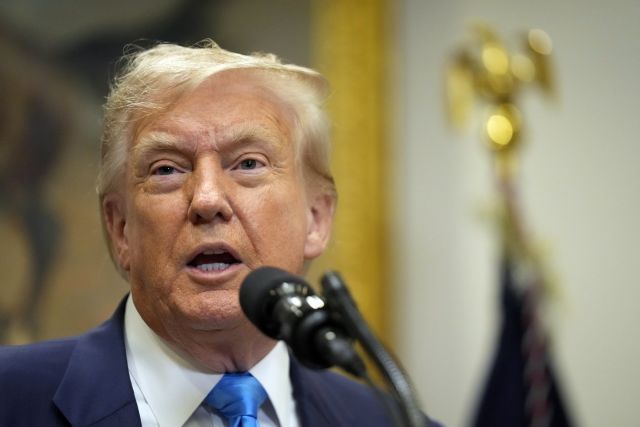Amid looming tariff deadlines and complex geopolitical maneuvers, U.S. President Donald Trump has significantly tempered expectations for an imminent trade agreement with Canada while granting Mexico a 90-day reprieve on ongoing negotiations.
The frosty relations with Canada intensified after Prime Minister Mark Carney’s announcement to recognize a Palestinian state, a move deemed ‘tone deaf’ by U.S. Commerce Secretary Howard Lutnick. This diplomatic friction, coupled with long-standing grievances over agricultural duties and military spending, has created significant hurdles in the US Canada Trade discussions.
President Trump reiterated his frustration with what he described as Canada’s poor leadership and unfair treatment of the United States, asserting that “all we want is fairness for our country.” The prospect of a 35 percent tariff remains a potent threat, with the White House indicating these duties would only apply to non-CUSMA compliant goods.
Secretary Lutnick outlined a clear path for potential de-escalation, suggesting that if Prime Minister Carney were to engage Trump charmingly, lift retaliatory duties, and “stop the silliness,” the president might alleviate the tariff pressure. This implies a strategic negotiation rather than a complete cessation of dialogue.
In contrast to the Canadian stalemate, President Trump announced a 90-day extension for Mexico Trade Talks following a constructive phone conversation with President Claudia Sheinbaum. This delay was attributed to the “complexities” of the border issues and Mexico’s commitment to immediately terminate its non-tariff trade barriers, signaling a more cooperative path forward.
Beyond specific nation-to-nation negotiations, the Trump administration’s broader strategy of using tariffs as a tool for economic realignment faced a significant legal challenge in the U.S. Court of Appeals for the Federal Circuit. The administration’s reliance on the International Economic Emergency Powers Act (IEEPA) — a statute historically not used for tariffs — was rigorously questioned by a panel of 11 judges.
Judges on the appellate panel expressed skepticism regarding the administration’s justification for invoking IEEPA to impose duties, particularly in cases like the “Liberation Day” and fentanyl-related tariffs. Chief Circuit Judge Kimberly Moore specifically highlighted concerns about the broad interpretation of the president’s authority, questioning the logical link between declared emergencies and tariff imposition.
Legal experts, such as Thomas Berry from the Cato Institute, indicated that the challengers to the administration’s Trade Tariffs have a strong likelihood of prevailing, given the tenor of the arguments. While no decision was rendered immediately, the case is widely expected to escalate to the Supreme Court, potentially setting a precedent for future executive actions in US Foreign Policy.






Leave a Reply